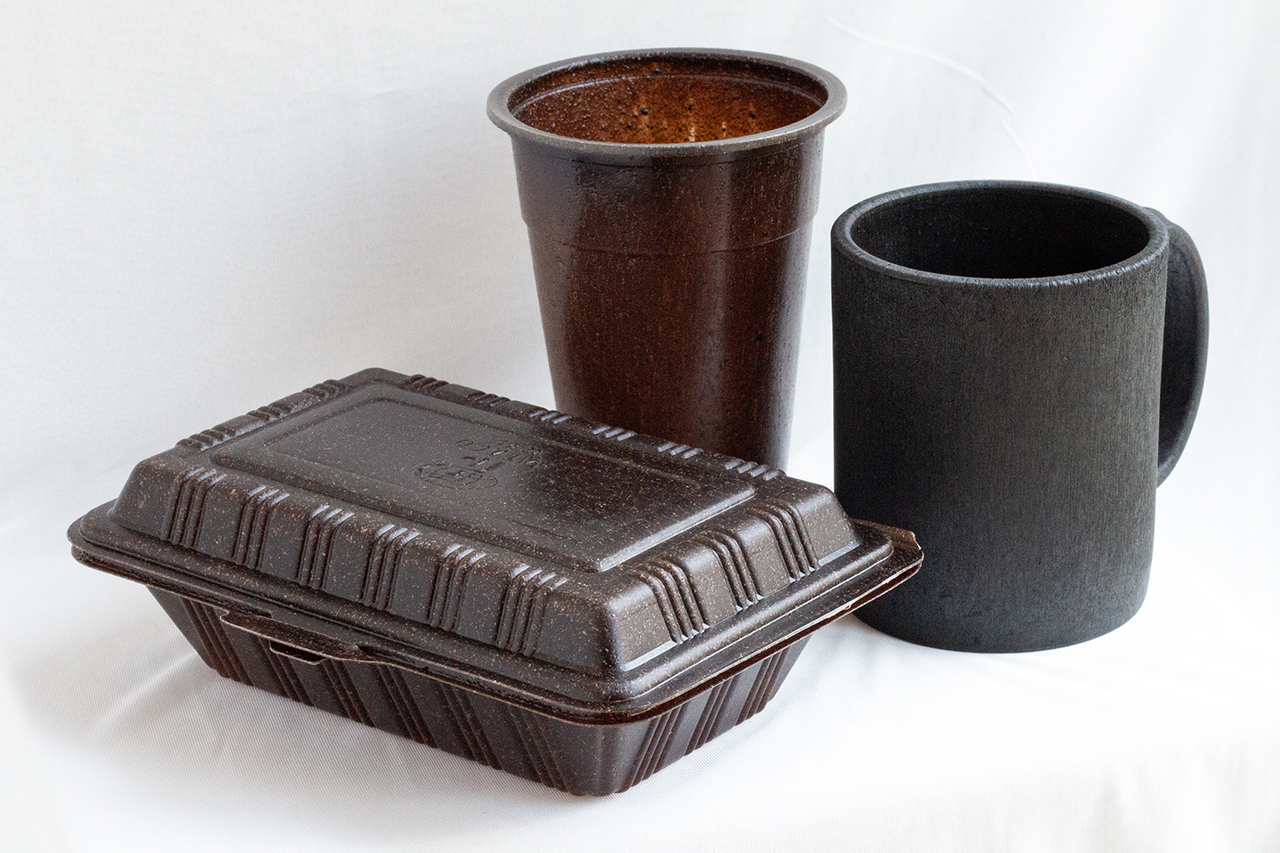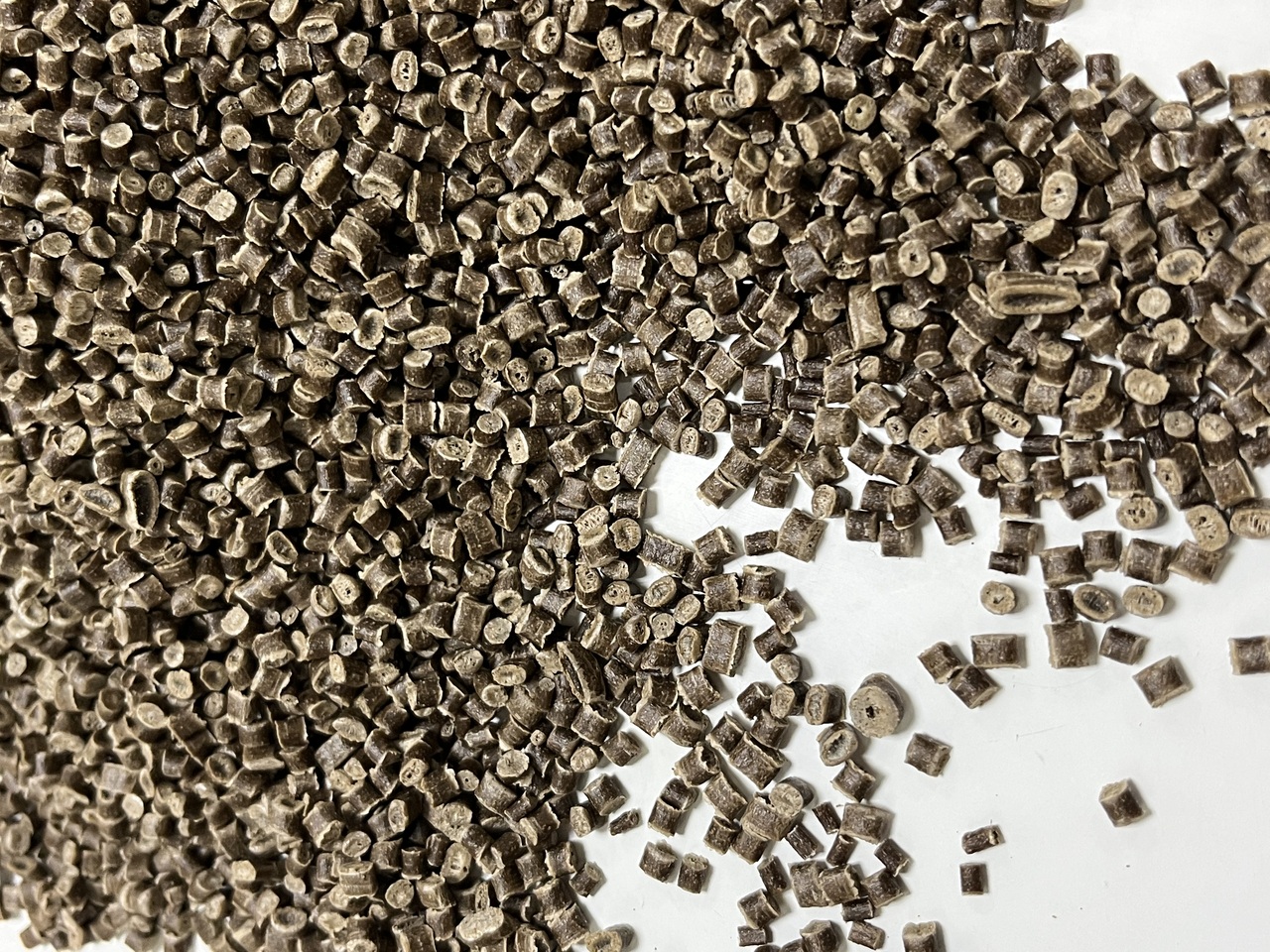Exploring the Latest Innovations in Compostable Bioplastics
As the world becomes more aware of the damaging effects of plastic waste, there has been a growing interest in alternative materials that are more sustainable and eco-friendly. One such material is compostable bioplastics, which have gained popularity in recent years due to their ability to break down naturally without leaving harmful residues.
In this blog, we'll explore the latest innovations in compostable bioplastics and their potential to revolutionize the packaging industry.
What Are Compostable Bioplastics?
Compostable bioplastics are a type of biodegradable plastic that can be broken down through the natural process of composting. Unlike traditional plastics, which can take hundreds of years to degrade, compostable bioplastics can decompose within a matter of months under the right conditions. They are typically made from renewable resources such as corn starch, sugarcane, or coffee grounds, which makes them more sustainable than petroleum-based plastics.
These materials are designed to be composted, meaning that they can be placed in a composting facility and broken down into soil, water, and carbon dioxide. Composting bioplastics can significantly reduce waste and greenhouse gas emissions compared to traditional plastics, which often end up in landfills or oceans.
>>>> Learn more at: Bio-Based Plastics: A Solution for a Cleaner and Healthier Planet
Innovations in compostable bioplastics
As technology and research progress, new innovations in compostable bioplastics are being developed to increase their functionality and sustainability. Here are some of the latest developments in this field:
- High-performance compostable bioplastics: Many companies are working on developing high-performance compostable bioplastics that can replace traditional plastics in a wide range of applications, from packaging to automotive parts. These materials are designed to be durable, heat-resistant, and able to withstand a range of environmental conditions.
- Bio-based coatings: Coatings made from renewable materials are being developed to enhance the functionality and sustainability of compostable bioplastics. These coatings can improve the barrier properties of the material, making it suitable for applications such as food packaging.
- Additives for improved functionality: Additives such as nanocellulose, clay, or lignin are being developed to improve the strength, flexibility, and thermal properties of compostable bioplastics. These additives can make the material more versatile and suitable for a wider range of applications.
- Recyclable compostable bioplastics: Some companies are working on developing compostable bioplastics that can be recycled, creating a closed-loop system that minimizes waste and reduces the need for new materials.
Applications of compostable bioplastics
Compostable bioplastics are being used in a growing number of applications, from packaging to textiles to automotive parts. Here are some of the most promising applications of these materials:
- Food packaging: Compostable bioplastics are an excellent alternative to traditional plastic packaging for food products. They can help reduce waste and greenhouse gas emissions while keeping food fresh and safe.
- Agriculture: Compostable bioplastics are being used in agriculture to create biodegradable plant pots and mulch films. These materials can help reduce waste and improve soil health.
- Textiles: Compostable bioplastics are being used to create sustainable textiles, such as biodegradable clothing and accessories. These materials can help reduce the environmental impact of the fashion industry.
- Automotive parts: Compostable bioplastics are being used to create lightweight and durable automotive parts. These materials can help reduce the weight of vehicles, improving fuel efficiency and reducing greenhouse gas emissions.

Compostable bioplastics applications in food packaging industry.
Using compostable bioplastics in these applications helps reduce waste, minimize pollution, and support a more sustainable and circular economy.
Compostable bioplastics example
Compostable bioplastics have gained significant attention as a sustainable alternative to traditional plastics. Among the pioneers in this field is AirX, the world's first bio plastic manufacturer that produces carbon negative bioplastics made from coffee grounds. Their product, known as AirX Coffee Biocomposites, showcases the remarkable potential of using coffee waste to create eco-friendly materials.
AirX has developed a unique manufacturing process that combines coffee grounds with recycled plastics to produce bioplastics with exceptional properties. These coffee biocomposites have a range of applications across various industries, offering a sustainable solution to the growing plastic waste problem.
Guided by the principles of carbon neutrality, circularity, and social responsibility, AirX is dedicated to providing high-quality specialty products while promoting industrial clients’ eco-friendly credentials.
The benefit of using AirX Coffee Biocomposite - an ideal alternative materials to traditional plastics for our environment:
- Reduce ingredients from petroleum, due to the use of recycled plastic & coffee grounds
- Reduce CO2 emissions as input materials, helping your business have more carbon negative.
- Help a huge amount of coffee grounds have a useful second life.

AirX Coffee Bio-composite.
Coffee Biocomposites are biodegradable, meaning they break down naturally over time without harming the environment.
Contacts us
AirX- the world's first carbon-negative bio-materialmade from coffee grounds, is a leading company specializing in the production of bio composite from recycled carbohydrates derived waste, including coffee grounds, coconut husk, husk, and bamboo. We are dedicated to promoting sustainability through the use of eco-friendly materials in their manufacturing process.
We are always here to help and provide the best service possible. If you have any questions or would like to receive advice and feedback directly from our sales staff, please do not hesitate to contact us. You can reach us through:
- Whatsapp: +84 969 742 950
- Email: [email protected]
We look forward to hearing from you!

